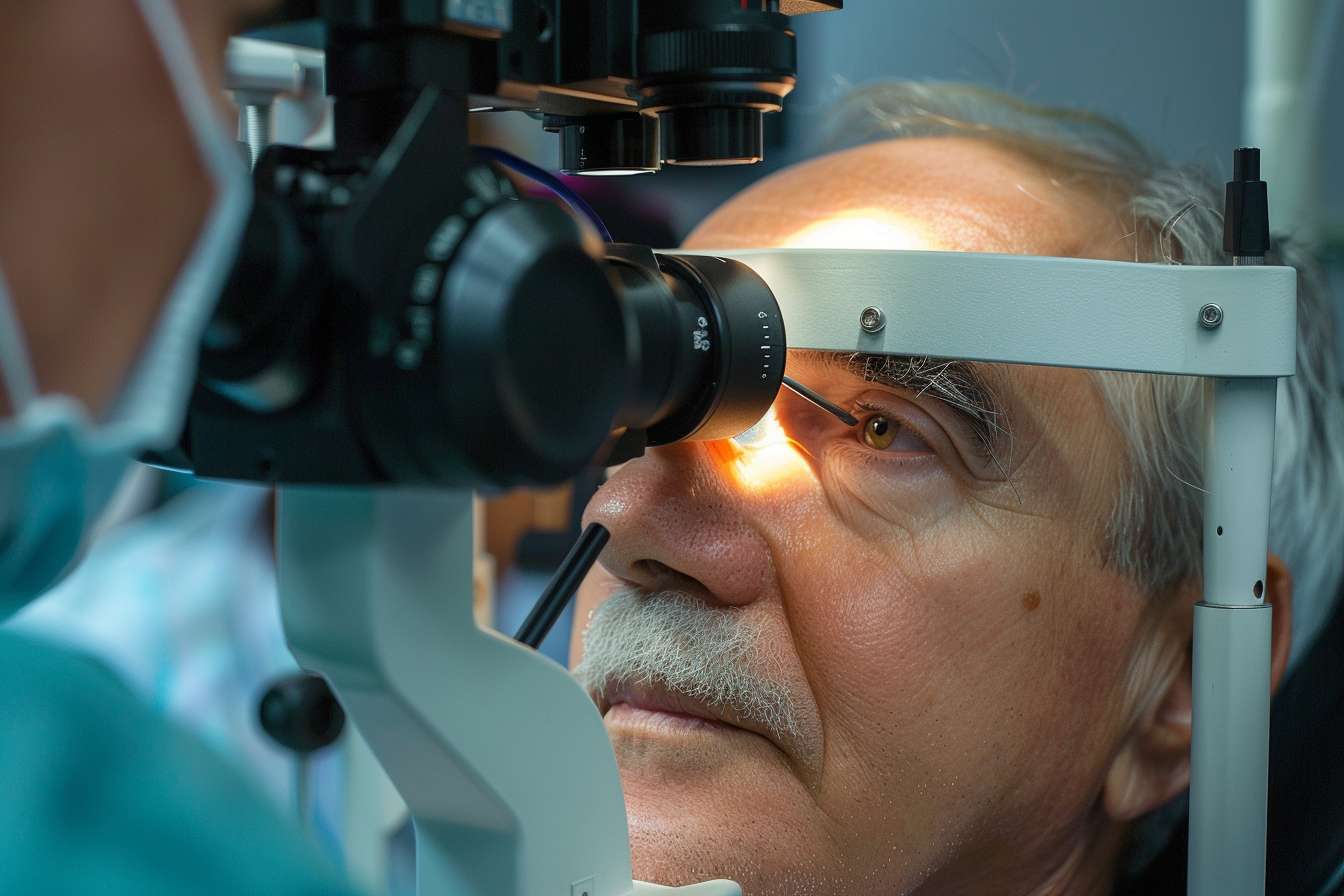Cataract Surgery: Restoring Clear Vision for Seniors
Cataract surgery helps restore clearer vision in older adults. Learn about modern procedures that offer improved eyesight and quicker recovery for seniors. A consultation can help determine if you're a candidate for this common treatment. Read to learn more about cataract surgery for seniors.

What are cataracts and how do they affect seniors?
Cataracts are a natural part of the aging process, typically developing after the age of 60. As we grow older, proteins in the eye’s lens begin to break down and clump together, causing the lens to become cloudy. This cloudiness can significantly impact a senior’s vision, making it difficult to read, drive, or recognize faces. Common symptoms of cataracts in seniors include:
-
Blurry or hazy vision
-
Increased sensitivity to glare, especially at night
-
Faded or yellowed colors
-
Difficulty seeing in low light conditions
-
Frequent changes in eyeglass prescriptions
As cataracts progress, they can severely limit a senior’s independence and quality of life. Fortunately, cataract surgery can effectively address these issues and restore clear vision.
How does cataract surgery work for older adults?
Cataract surgery is a relatively quick and painless outpatient procedure that typically takes less than 30 minutes to complete. During the surgery, an ophthalmologist removes the cloudy natural lens and replaces it with a clear artificial intraocular lens (IOL). The procedure is usually performed under local anesthesia, meaning the patient remains awake but feels no pain.
For seniors, the most common type of cataract surgery is called phacoemulsification. This technique involves:
-
Making a small incision in the eye
-
Using ultrasound waves to break up the cloudy lens
-
Removing the lens fragments with suction
-
Inserting the artificial lens through the same small incision
Modern cataract surgery techniques have significantly improved outcomes and reduced recovery times for seniors, making it a safe and effective option for restoring vision.
What are the benefits of cataract surgery for seniors?
Cataract surgery offers numerous benefits for older adults, extending far beyond improved vision. Some of the key advantages include:
-
Restored clear vision: Most patients experience a significant improvement in their vision within a few days after surgery.
-
Increased independence: Better eyesight allows seniors to maintain their independence, continue driving, and engage in daily activities with greater ease.
-
Reduced risk of falls: Improved vision can help prevent accidents and falls, which are a major concern for older adults.
-
Enhanced quality of life: Clear vision contributes to better overall well-being, allowing seniors to enjoy hobbies, read, and socialize more comfortably.
-
Potential improvement in other eye conditions: Cataract surgery may also help manage other eye issues, such as glaucoma, by providing better access for treatment and monitoring.
-
Long-lasting results: With proper care, the benefits of cataract surgery can last a lifetime, making it a valuable investment in a senior’s health and well-being.
What should seniors expect during cataract surgery recovery?
Recovery from cataract surgery is typically quick and straightforward for most seniors. Here’s what to expect:
-
Immediate aftermath: Patients can usually go home the same day as the surgery, but will need someone to drive them.
-
First 24 hours: Rest is important, and an eye shield may be worn to protect the eye while sleeping.
-
First week: Vision begins to improve, though some blurriness is normal. Eye drops are used to prevent infection and reduce inflammation.
-
Follow-up appointments: The surgeon will schedule check-ups to monitor healing and adjust treatment if necessary.
-
Full recovery: Most seniors experience significantly improved vision within a few weeks, with full healing occurring within 4-6 weeks.
It’s important for seniors to follow their doctor’s post-operative instructions carefully to ensure the best possible outcome.
How to determine if a senior is a candidate for cataract surgery?
Not all seniors with cataracts require immediate surgery. The decision to undergo cataract surgery is based on several factors:
-
Severity of vision impairment: If cataracts significantly interfere with daily activities, surgery may be recommended.
-
Overall health: The patient’s general health and any existing medical conditions are considered.
-
Personal preferences: Some seniors may choose to delay surgery if their vision is only mildly affected.
A comprehensive eye exam and consultation with an ophthalmologist can help determine if and when cataract surgery is appropriate for a senior. The doctor will assess the cataract’s progression, discuss the patient’s visual needs, and explain the potential benefits and risks of the procedure.
What are the costs and insurance considerations for cataract surgery?
Understanding the financial aspects of cataract surgery is crucial for seniors considering the procedure. Here’s an overview of costs and insurance considerations:
| Provider Type | Typical Cost Range (per eye) | Insurance Coverage |
|---|---|---|
| Medicare | $3,000 - $5,000 | Covers basic procedure |
| Private Insurance | $3,500 - $6,000 | Varies by plan |
| Self-Pay | $4,000 - $7,000 | N/A |
Prices, rates, or cost estimates mentioned in this article are based on the latest available information but may change over time. Independent research is advised before making financial decisions.
Most insurance plans, including Medicare, cover the basic cataract surgery procedure. However, patients may incur out-of-pocket expenses for premium intraocular lenses or advanced surgical techniques. It’s essential for seniors to discuss coverage options with their insurance provider and eye care professional to understand potential costs fully.
In conclusion, cataract surgery offers a safe and effective way for seniors to regain clear vision and improve their quality of life. With modern surgical techniques, quick recovery times, and significant benefits, it’s an excellent option for older adults struggling with cataracts. By understanding the procedure, recovery process, and financial considerations, seniors can make informed decisions about their eye health and take steps towards clearer, brighter vision.
This article is for informational purposes only and should not be considered medical advice. Please consult a qualified healthcare professional for personalized guidance and treatment.




